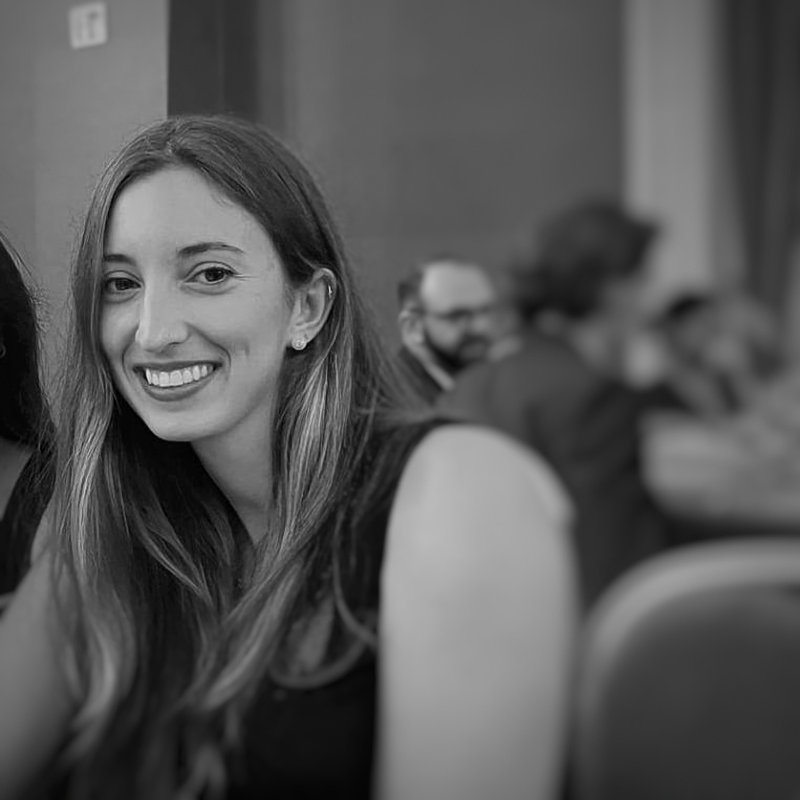Integrated Thinking offers improved decision making according to Martina Panero of the University of Turin Department of Management, who is chair of track 8.3 at the 2025 R&D Management Conference.
Integrated thinking for strategic planning
Integrated thinking has been described by the IFRS Foundation as a strategic planning tool for boards and management that helps embed sustainable business practices into an organisation and provides a foundation for long-term value creation.
It has a number of principles – Purpose, Strategy, Risks and Opportunities, Culture, Governance and Performance.

Martina explains that they chose the subject of biodiversity disclosure and integrated thinking for this track because biodiversity has become a critical component of sustainability transformation, yet it remains under-explored in the context of corporate accountability and business model innovation.
“Given the mounting global and institutional pressures, such as the European Sustainability Reporting Standards and the Taskforce on Nature-related Financial Disclosures, it is particularly timely to examine how businesses can move beyond compliance to foster genuine nature-positive impacts,” she says.
Track 8.3: Biodiversity disclosure and sustainability reporting. Integrated thinking for transformational nature-positive business models
Biodiversity is emerging as a strategic driver for transforming business models toward sustainability, given its critical role in supporting ecosystem services essential to economies and human well-being.
In response to increasing demands from global frameworks, such as the COP on biodiversity, the European Sustainability Reporting Standards, and the Taskforce on Nature-related Financial Disclosures, companies face growing institutional pressures to enhance biodiversity disclosure and sustainability reporting by embedding it within their strategy, governance, and risk management practices.
Utilising integrated thinking (a multi-capital management approach that interconnects financial, natural, social, and intellectual resources) private and public organisations can implement reporting practices that reflect a comprehensive commitment to biodiversity. However, current disclosures often lack the coherence needed for true nature-positive impact.
This track invites contributions exploring transformative approaches to biodiversity disclosure and the role of integrated thinking in fostering accountability, moving beyond mere harm mitigation to genuine biodiversity regeneration and nature-positive business models.

R&D Management Conference 2025:
Innovation & Biodiversity
Institute of Management of Scuola Superiore Sant’Anna, Pisa
30 June – 2 July 2025
Track chair: Martina Panero, University of Turin, Department of Management
Co-chairs:
Canio Forliano, University of Turin, Department of Management
Paola De Bernardi, University of Turin, Department of Management
Jill Atkins, Cardiff Business School, Cardiff, United Kingdom.

